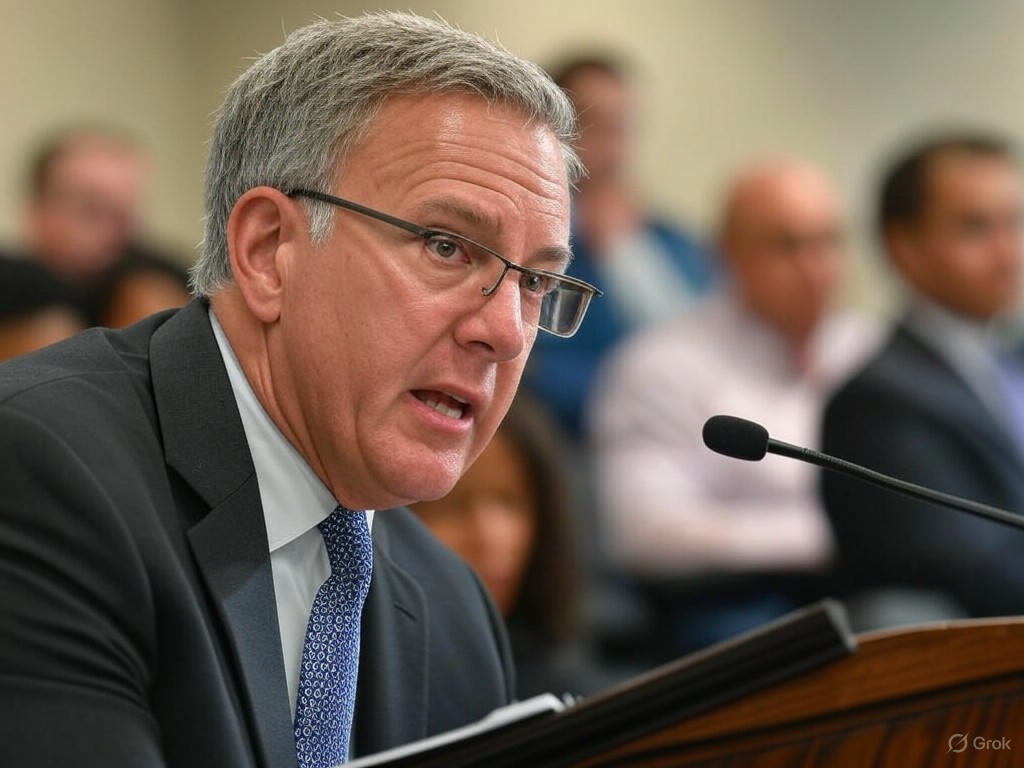FCC’s Move to Revoke EchoStar Licenses Sparks Industry Outrage
The Federal Communications Commission (FCC) has ignited a firestorm in the telecommunications industry with its recent threat to revoke spectrum licenses held by EchoStar, a major player in the wireless and satellite communications market. This unprecedented move has drawn sharp criticism from industry stakeholders, policy experts, and advocacy groups, who argue that the decision could destabilize the wireless sector and undermine investor confidence. The controversy centers on the FCC’s assertion that EchoStar has failed to meet certain regulatory requirements tied to its spectrum usage, though specifics remain murky.
EchoStar, which operates a vast network of satellite and wireless services, relies heavily on its spectrum licenses to deliver connectivity to millions of customers across the United States. Spectrum, often described as the lifeblood of modern telecommunications, is a finite resource that enables everything from mobile data to broadcast signals. The FCC’s threat to strip EchoStar of these critical assets has raised alarms about the broader implications for the industry. Critics, including the Free State Foundation, a prominent think tank focused on communications policy, warn that such actions could erode the legal predictability that businesses depend on to make long-term investments. Without assurance that licenses won’t be arbitrarily revoked, companies may hesitate to pour billions into infrastructure and innovation.
The backlash extends beyond policy circles. Wireless carriers and tech firms have voiced concerns that the FCC’s approach could set a dangerous precedent, potentially exposing other companies to similar punitive measures. Industry leaders argue that the commission should prioritize dialogue and corrective measures over drastic actions like license revocation, which they view as a nuclear option. Some speculate that the FCC’s stance may be tied to broader regulatory goals, such as reallocating spectrum for emerging technologies like 5G or addressing perceived market imbalances. However, without clear communication from the agency, these theories remain speculative, fueling uncertainty in an already competitive sector.
The timing of the FCC’s threat adds another layer of complexity. With the wireless market undergoing rapid transformation—driven by the rollout of advanced networks and growing demand for data—the industry can ill afford disruptions. EchoStar, for its part, has reportedly vowed to challenge any formal action, signaling a potential legal battle that could drag on for years and further complicate the regulatory landscape. Meanwhile, consumer advocacy groups have entered the fray, urging the FCC to consider the impact on end users who rely on EchoStar’s services for affordable connectivity, particularly in rural and underserved areas.
As this saga unfolds, the telecommunications world watches closely. The outcome could redefine the relationship between regulators and industry players, shaping how spectrum is managed in the years to come. For now, the FCC’s threat looms as a stark reminder of the delicate balance between oversight and innovation. Whether the agency will back down or double down remains to be seen, but one thing is clear: the ripples of this decision will be felt far beyond EchoStar’s boardroom, potentially altering the trajectory of the wireless market for decades.


